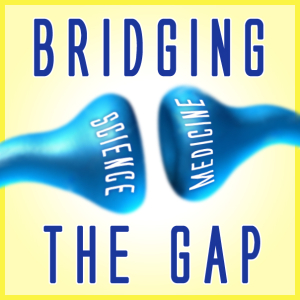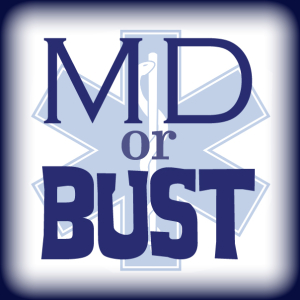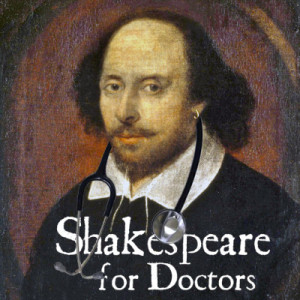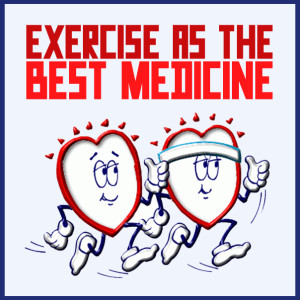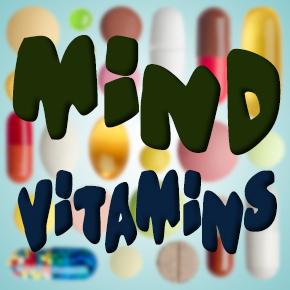The Good Doctor Williams and His Doctor Stories
“Look, you’re not out on a four-year picnic at that medical school, so stop talking like a disappointed lover. You signed up for a spell of training and they’re dishing it out to you, and all you can do is take everything they’ve got, everything they hand to you, and tell yourself how lucky you are to be on the receiving end — so you can be a doctor, and that’s no bad price to pay for the worry, the exhaustion.”







